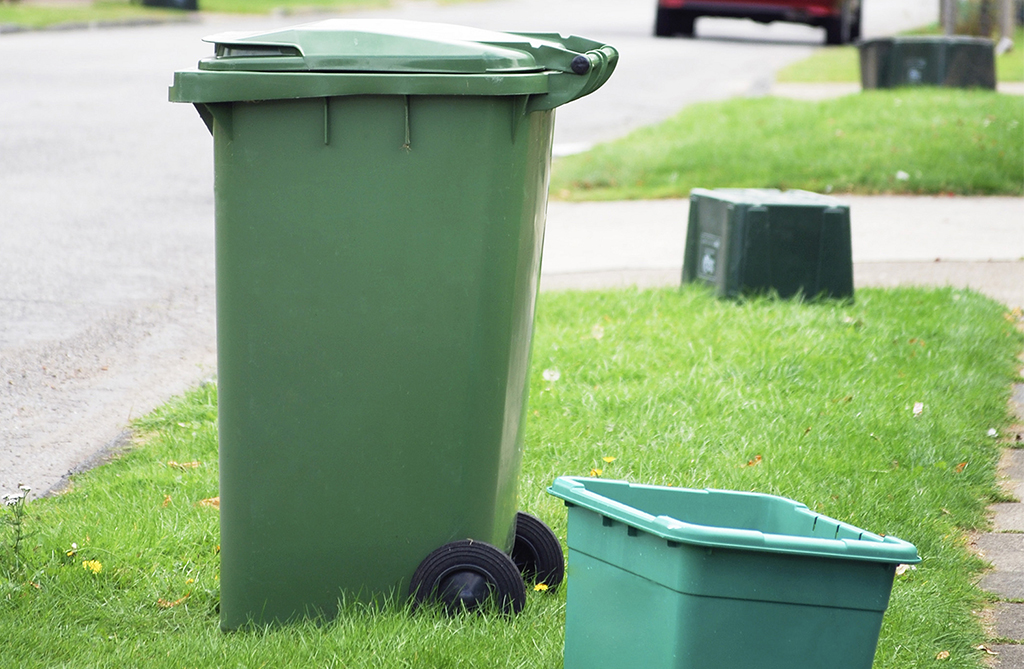Over recent months, many businesses in England have experienced significant changes to the way they manage waste and recycling. This is due to the government’s newly introduced Simpler Recycling reforms. From 31 March 2025, all businesses in England with 10 or more employees are required to separate recyclable materials—including food waste—from general waste.
This marks a major step forward in improving recycling rates and supporting a healthier planet, but it is just the beginning. Simpler Recycling is being rolled out in stages over the next two years. Here’s what’s coming next:
2026 – Local Authorities
With businesses already adjusting to the new system, the next stage will focus on household recycling. From 31 March 2026, local councils will be required to implement:
- Weekly food waste collections
- Fortnightly residual (general) waste collections
- A combined dry recycling bin for paper, card, plastics, glass, and metals
This aims to create a consistent approach across the country. DEFRA has stated:
“For too long, households in England have been presented with a muddled and confusing patchwork of approaches to bin collections.”
Under the new rules, all local authorities in England will collect the same set of recyclable materials. In areas where food waste collection is new, providing clear guidance to residents will be essential to prevent contamination and encourage proper recycling.

Households will typically be expected to use four separate containers:
- Residual (non-recyclable) waste
- Food waste (possibly combined with garden waste, where suitable)
- Paper and card
- All other dry recyclables (plastics, metals, and glass)
These containers may vary by area and could include bins, bags, or stackable boxes.
At Cromwell Polythene, this reform aligns with our mission to support resource capture, reduce contamination, and contribute to a cleaner, greener future. We offer a wide range of products for waste containment, including liners and bags for household waste, food waste, and recycling.
2027 – Flexible Plastics (Plastic Films)
Looking ahead to 2027, the Simpler Recycling reforms will go even further with the introduction of kerbside collections for flexible plastics—such as plastic films and soft packaging—from both households and businesses.
Currently, flexible plastics are difficult to recycle through household systems and often end up in landfill, contributing to plastic pollution. While some large supermarkets now provide recycling points for plastic films, public uptake remains low.
To address this, from 31 March 2027, plastic films will be collected separately at the kerbside, making it easier and more convenient to recycle this material. As flexible plastics require different recycling methods from other plastics, they must be collected separately to avoid contaminating other waste streams.

At present, many people mistakenly place plastic films in their general plastic recycling, thinking they are doing the right thing. Unfortunately, this leads to contamination, reducing the overall recycling success rate.
By introducing a dedicated collection stream for plastic films, the government aims to increase recycling rates, support material circularity, and reduce contamination in other waste streams.
The Flexible Plastic Fund, supported by organisations such as Cromwell Polythene, is helping to make this a reality. Our practical product solutions support the proper collection of flexible plastics, ensuring they are disposed of and recycled in the right way.
Need Advice – Speak to us!
Although the next stage of the reforms begins in March 2026, it is important to begin planning now. If you need advice on the new regulations, or support sourcing the right products—such as liners for food waste and plastic films—our expert team is here to help.
Get in touch with Cromwell Polythene today for friendly, impartial guidance and reliable solutions for your recycling and waste management needs.